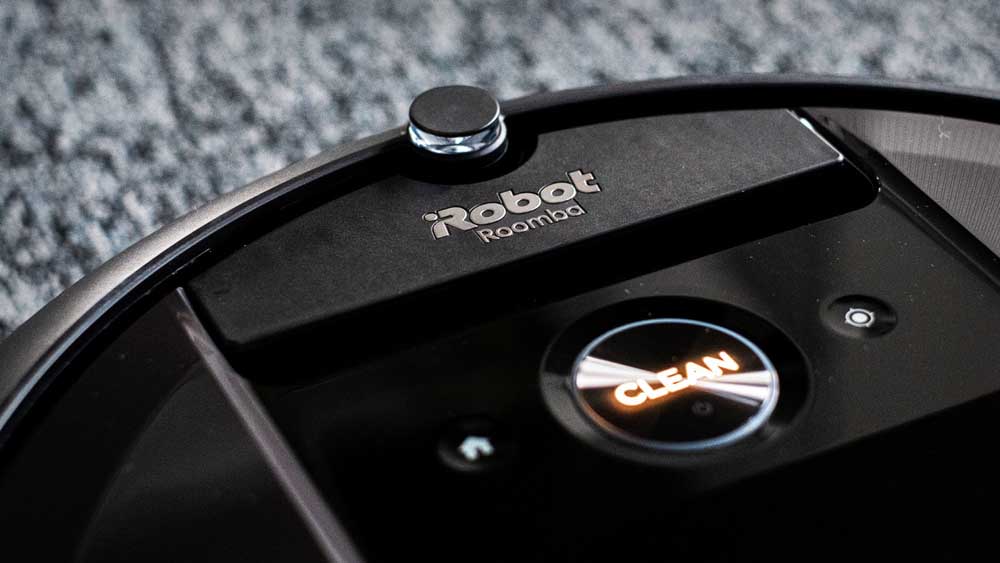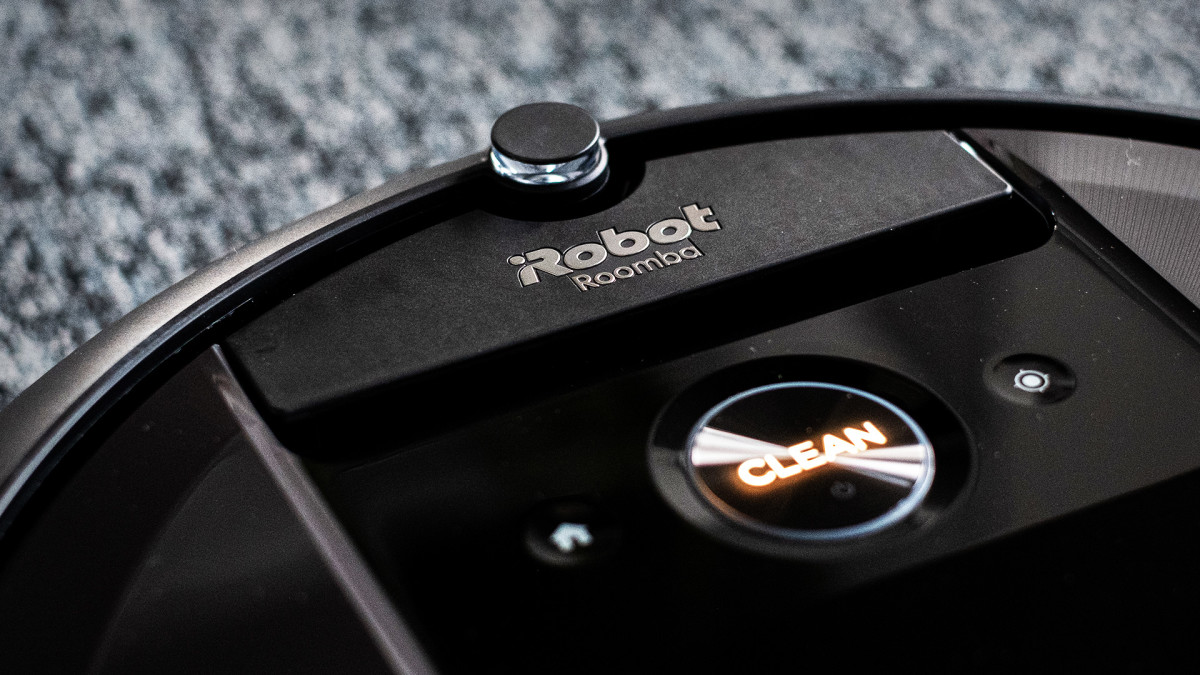Huge Amazon purchase may be killed by regulators
Published 10:00 am Friday, January 19, 2024

- irobot
Consumers love products that make their lives easier, and that’s driven many to embrace time-saving solutions around their homes.
The embrace of technology that simplifies chores has been a boon to iRobot, a robotics pioneer selling its Roomba robotic vacuum cleaners since 2002.
Trending
Since then, the company has sold more than 40 million of its vacuums, a success that caught the eye of Amazon. The global e-commerce and technology powerhouse announced in August 2022 that it would acquire iRobot in a deal valued at $61 a share.
Related: Major airline fires back at analyst over bankruptcy claims
Investors initially cheered the deal. However, concerns have since taken a toll on iRobot’s (IRBT) – Get Free Report stock. The company’s sales and profit have slipped, and new regulatory worries suggest Amazon’s acquisition may get scuttled, derailing Amazon’s efforts to expand deeper into robotics.
The market is big, but sales are slowing
IRobot was founded in 1990 by Massachusetts Institute of Technology roboticists. Today, it manufactures and sells a slate of robotic vacuum cleaners with prices ranging from $300 to $1,000 and more for its combo vacuum and mop robots.
Trending
The market for robotic home cleaning is valued at more than many might expect. Between 40 million and 50 million vacuums are sold annually in the U.S. alone. Worldwide, the market is expected to grow to $22 billion by 2028, according to research firm SkyQuest.

Shutterstock
Increasingly, more automated vacuums and mops are sold, so it’s likely unsurprising that iRobot’s annual sales exceed $1 billion. But the robotic-cleaner market has become competitive, including machines from Samsung and Panasonic, and will likely draw in more rivals. For example, Dyson is developing a robotic vacuum, the 360 Vis Nav.
This stiffening competition, coupled with consumers tightening their belts due to inflation and economic uncertainty, has created a stiff headwind to iRobot’s sales and profitability.
In the third quarter of 2023, revenue fell 33% to $186 million, and despite cost-cutting, the company lost $2.86 a share, or $60 million.
That financial performance has led to downbeat earnings expectations from Wall Street analysts. In 2024, they expect iRobot to lose about $4 a share, starkly contrasting with its peak annual earnings of $4.28 in 2018.
It also resulted in Amazon and iRobot modifying their deal last July. To shore up its financial position, it entered into a $200 million financing facility, leading to Amazon lowering its acquisition price to $51.75 per share.
Amazon’s deal faces a troubling speed bump
If iRobot’s financial headaches weren’t enough, there’s a growing belief that its tieup with Amazon could be in jeopardy.
Amazon may be more interested in leveraging iRobot’s deep knowledge of how to design and code robots that can work in challenging environments than in selling vacuums. Nevertheless, regulators don’t like the idea that this market could get concentrated in Amazon’s hands.
More Retail:
- Walmart closing more stores in 2024
- Analyst: Uber could buy Instacart for growth, sets new price target
- Costco shoppers buy up cheap dupe for popular $1200 luxury item
In November, European Union regulators questioned whether Amazon’s acquisition of iRobot was anti-competitive. In a statement, the European Commission suggested that the deal would put too much control of the robotic vacuum cleaner market in Amazon’s hands.
Amazon is an e-commerce juggernaut, generating $143 billion in quarterly revenue in the third quarter. Its global reach has made it one of the first places shoppers turn when considering new purchases, including vacuums and mops.
In its statement, the Commission said:
“Amazon may have the ability and the incentive to foreclose iRobot’s rivals by engaging in several foreclosing strategies aimed at preventing rivals from selling RVCs on Amazon’s online marketplace and/or at degrading their access to it. This may include: (i) delisting rival RVCs; (ii) reducing visibility of rival RVCs in both non-paid (i.e., organic) and paid results (i.e., advertisements) displayed in Amazon’s marketplace; (iii) limiting access to certain widgets (e.g. ‘other products you may like’) or certain commercially-attractive product labels (e.g. ‘Amazon’s choice’ or ‘Works With Alexa’); and/or (iv) directly or indirectly raising the costs of iRobot’s rivals to advertise and sell their RVCs on Amazon’s marketplace.
Concern that Amazon could play favorites, hampering competition, suggests that the EC could vote against the deal.
The regulators met this week with Amazon to discuss their worry, and reports are that Amazon was told that the deal would be rejected, according to The Wall Street Journal. A final decision is expected on Feb. 14.
That’s not the only problem, though. U.S. regulators may also be worried about the deal. The Federal Trade Commission has scheduled a closed-door meeting for next Tuesday, and many believe the Amazon deal with iRobot is the subject.
Given iRobot’s recent sales and profit struggles, a scuttling of its acquisition plan isn’t good news for shareholders. As a result, its shares are down nearly 30% on heavy volume at midday on Jan. 19.








